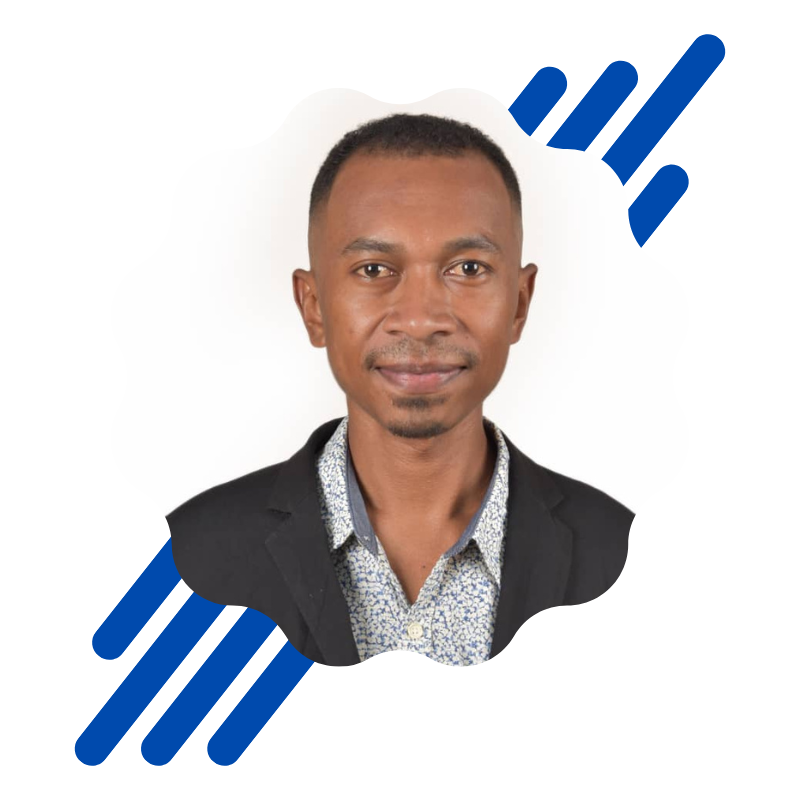The ASEAN Sustainable Leadership in Infrastructure Programme (ASLIP) 2024 was a transformative experience that fostered significant personal and professional growth. Collaborative workshops and expert-led seminars provided valuable insights into sustainable infrastructure, emphasizing the importance of integrating social, environmental, and economic factors. Networking opportunities across ASEAN enabled future collaborations, while case studies highlighted the success of sustainability-focused projects. Key takeaways included the need for holistic project management, adaptive leadership, and community engagement to ensure inclusive, long-term impact. The program also emphasized the importance of government support and policy frameworks in advancing sustainable initiatives. The lessons from ASLIP 2024 strengthened the commitment to applying these strategies in future projects, particularly in promoting sustainable development in Timor-Leste. It reaffirmed that sustainable leadership in infrastructure is vital for building resilient, environmentally conscious communities.
Integrating insights from ASLIP 2024 into my role has enhanced my project management approach, emphasizing sustainable practices in Timor-Leste. I now prioritize holistic project planning, balancing social, environmental, and economic factors, which has improved solid waste management and infrastructure projects. Community engagement is central to my approach, incorporating local feedback to ensure solutions are effective and culturally appropriate. I also foster adaptive leadership and collaboration, motivating my team to focus on long-term impacts. Additionally, I ensure projects align with national and international standards, seeking government support for sustainable initiatives. Exposure to innovative solutions has led me to advocate for data-driven tools, improving efficiency and sustainability. This commitment to sustainability has deepened, transforming my role from project delivery to a leader championing responsible practice. Ultimately, ASLIP 2024 has strengthened my resolve to lead projects that support Timor-Leste's sustainable development.
For future participants of ASLIP, my advice is to actively engage in every aspect of the program. Embrace collaborative workshops and expert-led seminars as opportunities to expand your knowledge and build meaningful connections with fellow leaders across ASEAN. Be open to sharing your experiences and learning from others, as the exchange of ideas is invaluable. Focus on community engagement and apply the program’s emphasis on inclusivity to your own projects—ensure that local voices are integral to decision-making. Develop a mindset of adaptive leadership, recognizing that challenges are opportunities for innovation and growth. Take full advantage of networking opportunities, building lasting relationships that will support future collaborations. Additionally, stay committed to the principles of sustainability—both environmentally and socially. Lastly, apply what you learn in real-time, ensuring that your insights directly contribute to impactful, long-term development in your home country. This hands-on approach will maximize your ASLIP experience.



